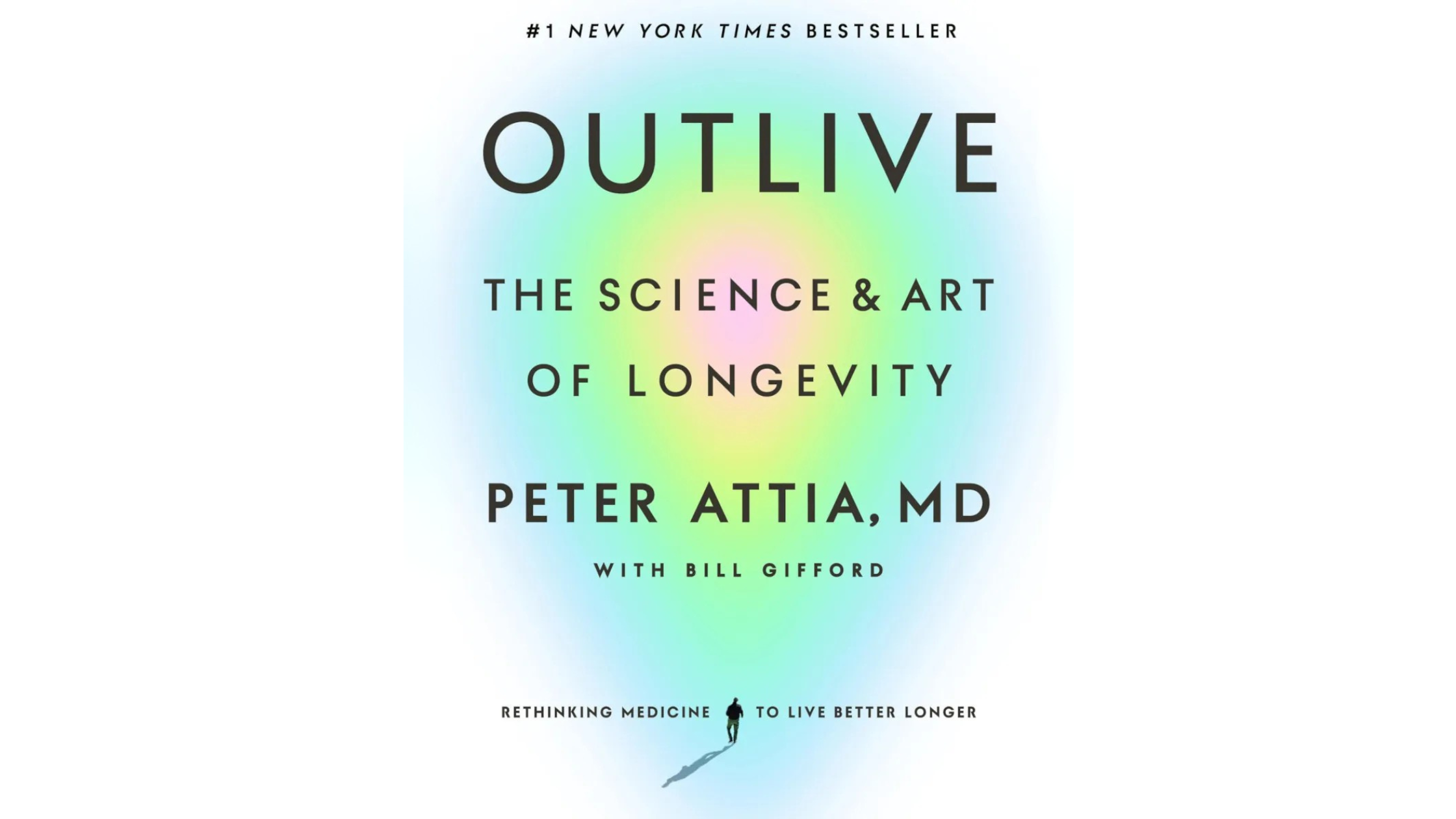Key Takeaways
-
Normal ageing is not about decline, but about natural changes that your body and mind adapt to over time.
-
Many age-related changes—like slower reaction times or needing more light to read—are completely normal and not signs of disease.
-
Staying active, mentally and physically, significantly supports healthy ageing and helps your body thrive through the decades.
Did you know that most people reach their peak vocabulary and general knowledge in their 60s or even 70s? That’s right—your brain continues to grow and adapt well into later life. Despite what some stereotypes might say, ageing is not a slow march downhill. In fact, many of the changes that come with getting older are completely normal, manageable, and even empowering when you understand them.
In this blog, we’ll explore what “normal ageing” really means—breaking down common physical and cognitive changes that are backed by science. Whether you’re in your 50s, 60s or beyond, there’s plenty to celebrate and look forward to.
Understanding the Science Behind Healthy Ageing
Let’s start with the big question: what exactly is normal ageing? It refers to the natural biological processes your body and brain go through over time. These changes aren’t a sign that something’s wrong—they’re part of your body’s remarkable ability to adapt and sustain itself through the decades.
From around your mid-30s, your cells gradually become less efficient at repairing themselves. Your bones might lose a bit of density, and your metabolism might slow slightly. But these shifts are expected. Ageing doesn’t cause disease—rather, it can make your body a little more vulnerable to certain conditions, depending on genetics, environment, and lifestyle (R).
A key point? Normal ageing varies greatly between individuals. One person in their 70s might be running marathons, while another might enjoy slower walks and gardening. Both are valid and healthy ways to age.

Body Changes That Are Perfectly Normal as You Age
As your body gets older, a few changes are expected—but they don’t mean your body is “breaking down.” Think of it more like an engine that’s clocked a few more kilometres: it still works beautifully with good care.
Common and normal changes include:
-
Slower reaction times: This doesn’t mean your reflexes are “bad.” It’s part of how the nervous system ages. Most older adults adjust automatically, allowing more time for certain tasks (R).
-
Changes in muscle and bone mass: Muscle mass can decline by about 3–8% per decade after the age of 30 (R). But resistance exercises can slow this dramatically, even reverse it in some cases.
-
Vision and hearing shifts: Needing brighter light to read or not catching high-pitched sounds is typical. Enjoy more one-on-one chats in quiet cafés.
-
Sleep pattern changes: You might wake up earlier or sleep lighter. That’s your circadian rhythm adjusting—not necessarily insomnia (R).
By staying active and nourishing your body well, you can minimise the impact of these changes and often improve your overall wellbeing.
What’s Normal for Brain Ageing?
Ageing affects the brain, but it’s not all about forgetfulness. In fact, some mental functions can improve over time. You gain more wisdom, better emotional regulation, and richer vocabulary—gifts of a well-travelled mind.
Normal age-related cognitive changes might include:
-
Slower information recall: You know that word—it’s just on the tip of your tongue. That’s perfectly normal. This is called “retrieval speed” and not a cause for concern (R).
-
Mild changes in multitasking: Juggling several things at once may feel trickier. That’s because your brain prioritises focus and depth over speed—great for hobbies like reading, cooking, or woodworking (R).
-
Processing speed: It might take a beat longer to absorb new information, but with repetition, older adults often retain it better than younger people (R).
The good news? Cognitive training, puzzles, learning new skills, and socialising all support neuroplasticity—your brain’s ability to adapt and form new connections throughout life.

What’s Not Normal Ageing: Knowing the Difference
While many changes are completely expected, it’s just as important to know when something might signal an underlying issue. For instance, occasional forgetfulness is normal—but consistent memory loss that disrupts daily life might warrant further attention.
Signs that fall outside the range of normal ageing include:
-
Struggling to follow familiar directions
-
Forgetting recent events consistently
-
Trouble finding words that affect communication
-
Mood changes that are persistent or unexplained
Remember, ageing doesn’t equal dementia. In Australia, over 90% of people over 65 do not have dementia (R). Spotting the difference early empowers you to seek the right support if needed—and reduces anxiety about the future.
Positive Ageing: What You Can Do
Here’s the best part: healthy ageing is something you can actively support. The secret lies in lifestyle—your everyday choices make a huge difference in how your body and mind feel over time (R).
Science-backed tips for healthy ageing include:
-
Stay physically active: Aim for 150 minutes of moderate activity weekly. Walking, dancing, swimming—whatever you enjoy counts.
-
Eat for vitality: Diets rich in vegetables, omega-3s, lean proteins and whole grains help maintain energy and cellular health.
-
Challenge your brain: Try crosswords, new languages, music lessons or volunteering. Lifelong learning boosts memory and mood.
-
Connect socially: Loneliness can increase health risks, but strong social ties reduce stress and improve cognitive outcomes.
-
Sleep well: Aim for 7–8 hours. Good sleep hygiene—like winding down electronics and keeping a bedtime routine—pays off.

Ageing well isn’t about turning back the clock. It’s about making every year one worth celebrating.
Celebrate Ageing as a Powerful, Positive Process
So now you know—normal ageing is about change, not decline. Your body and brain adjust naturally, and with the right habits, you can feel strong, sharp and engaged for years to come.
Ageing is a lifelong journey—and you’re doing it every day with grace and wisdom. By staying informed, choosing healthy habits, and embracing the present, you can continue to thrive.
Want to learn more about how to support your health as you age? Read our blog: How the Microbiome and Immune System Impact Aging: A Comprehensive Exploration.






















